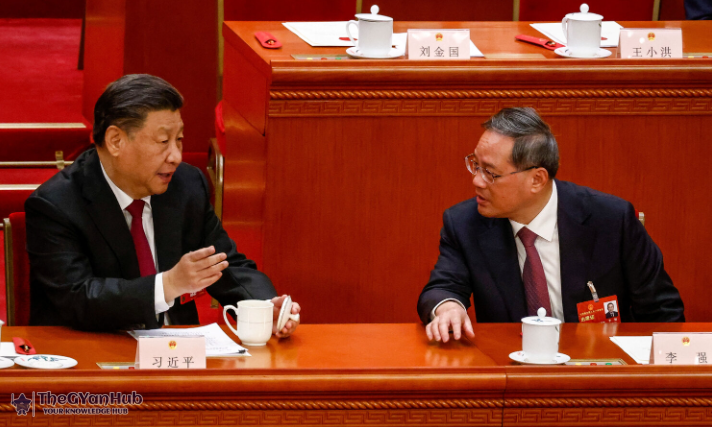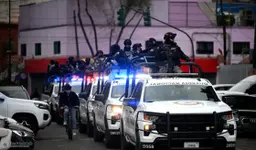I’m a passionate writer who loves exploring ideas, sharing stories, and connecting with readers through meaningful content.I’m dedicated to sharing insights and stories that make readers think, feel, and discover something new.
Changing Dynamics in Chinese Leadership
In a significant development in international diplomacy, Chinese President Xi Jinping has opted to step back from the global stage, allowing Premier Li Qiang to represent China at the United Nations. This move marks a strategic shift in China's diplomatic approach, as President Xi delegates more responsibilities to his trusted lieutenants.
Premier Li Qiang's presence at the UN's annual meeting underscores a new era in Chinese foreign policy, where the focus is on empowering key figures within the government to take on more prominent roles in international affairs. This change comes at a time when China is navigating complex geopolitical landscapes and aims to assert its influence through a collective leadership model.
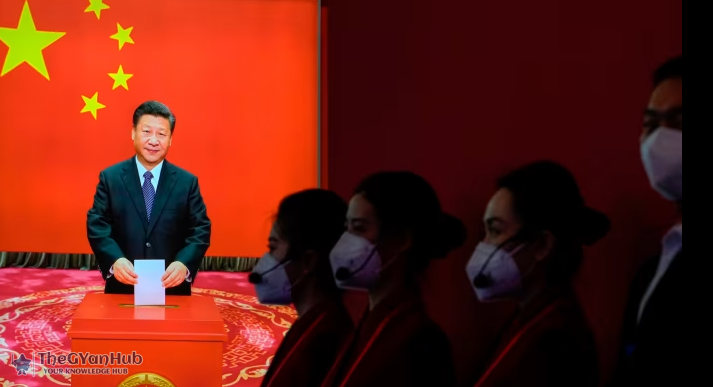
Reasons Behind Xi Jinping's Reduced Global Presence
There are several factors contributing to President Xi's decision to reduce his overseas engagements. One key reason is the need to address domestic challenges, including economic reforms and social stability, which require his direct attention. Additionally, by delegating international responsibilities, Xi can focus on consolidating power within China and ensuring the implementation of his long-term vision for the nation.
Another reason is the evolving global environment, where China seeks to project a more collaborative image. By allowing Premier Li to take center stage, China signals its readiness to engage with the international community through multiple channels, enhancing its diplomatic flexibility.
Implications for Global Diplomacy
This shift in China's diplomatic strategy has significant implications for global diplomacy. It suggests a more nuanced approach to international relations, where China can leverage the strengths of its leadership team to address diverse global challenges. Premier Li's role at the UN is a testament to this strategy, as he brings a fresh perspective and renewed energy to China's diplomatic efforts.
Moreover, this move may influence other nations to reconsider their diplomatic strategies, as they adapt to China's evolving role on the world stage. The international community will be closely watching how this change impacts China's interactions with other countries and global institutions.
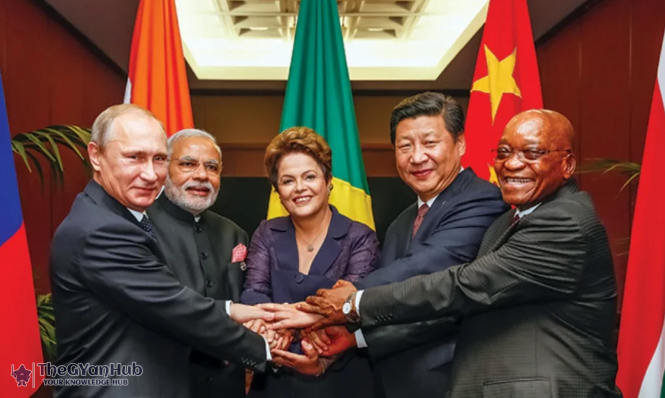
Future Prospects for China's Global Engagement
Looking ahead, China's approach to global engagement is likely to continue evolving. The delegation of responsibilities to leaders like Premier Li indicates a commitment to a more distributed leadership model, which could enhance China's ability to respond to global issues effectively. This strategy also aligns with China's broader goals of promoting multilateralism and strengthening its influence in international organizations.
As Premier Li represents China at the UN, the world will be keenly observing how this new leadership dynamic unfolds. The success of this approach could redefine China's role in global governance and set a precedent for other nations to follow.
For further insights on China's evolving diplomatic strategies, explore our related articles below.
Further Reading
Related articles in this category
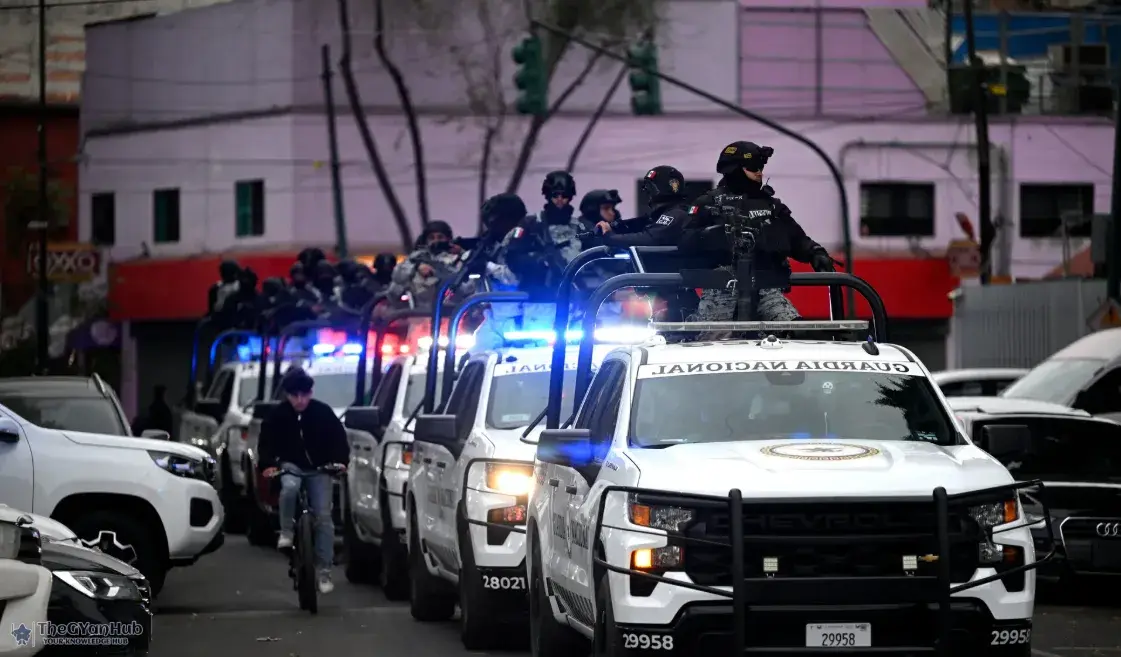
World News
El Mencho Killed: The Fall of Mexico's Most Powerful Drug Cartel
February 23, 2026
The recent killing of Nemesio Rubén Oseguera Cervantes, known as 'El Mencho', has led to significant upheaval in Mexico as the Jalisco New Generation Cartel faces a power vacuum. This article explores the implications of his death on the drug trade and national security.
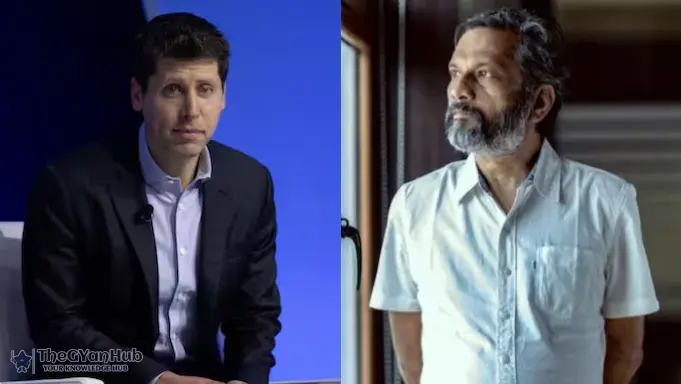
World News
Sam Altman vs. Sridhar Vembu: A Clash on AI and Human Energy Consumption
February 22, 2026
In a recent discussion, Sam Altman compared the energy consumption of AI systems to that of humans, prompting a strong rebuttal from Sridhar Vembu. This article explores their contrasting views on energy efficiency and sustainability.
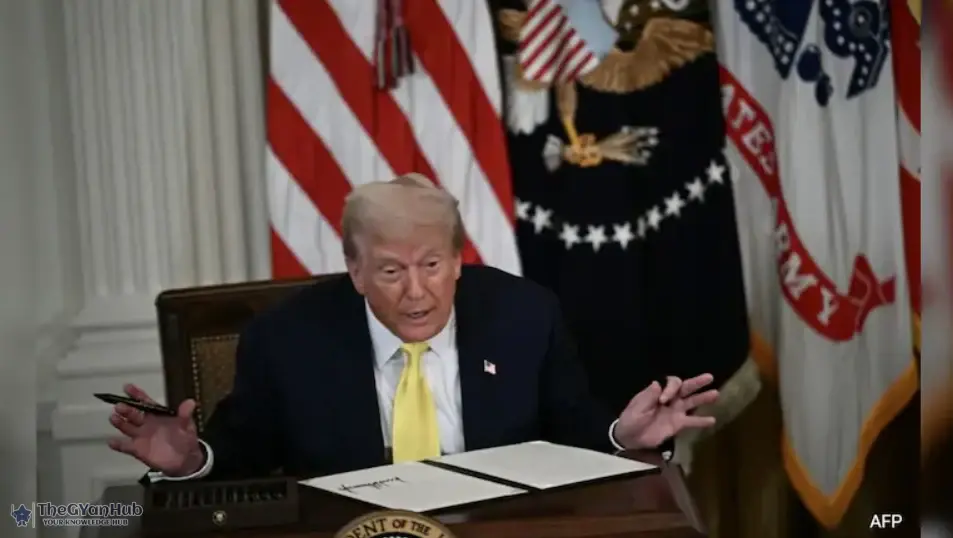
World News
Trump's Loss, India's Gain? How Tariff Order Could Affect Trade Talks
February 20, 2026
The US Supreme Court's decision to strike down Trump's Global Tariffs Policy may have significant implications for India, potentially reshaping trade dynamics. As New Delhi navigates this change, the global trade landscape could see a shift in power.
Xi JinpingLi QiangChinaUNglobal diplomacyChinese leadershipinternational relationsmultilateralismgeopolitical strategyforeign policy
